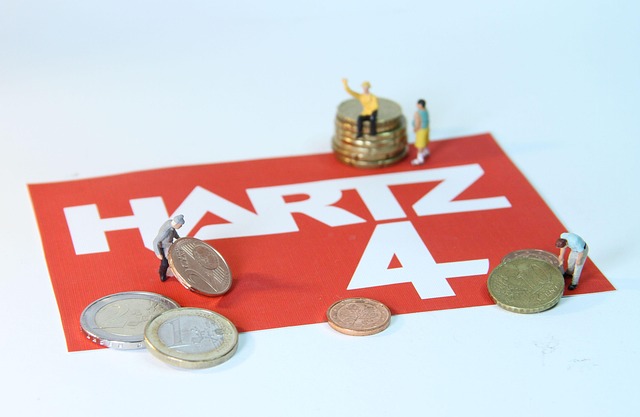Experiencing a late payment on a title loan? Act promptly by contacting your Houston lender. Open communication can lead to flexible repayment plans and preserve a positive relationship. Acknowledge the delay, apologize, and demonstrate commitment to future punctual payments. This proactive approach may avoid stricter title pawn consequences and rebuild trust with lenders.
After a late title loan payment, effective communication with lenders is key to avoiding further complications. This article guides you through understanding your obligations, initiating open dialogue, and rebuilding trust with lenders. Learn practical strategies to navigate this challenging situation and prevent future delays. By following these steps, you can restore financial health and maintain a positive relationship with your lender.
- Understanding Your Obligations After a Late Payment
- Initiating Open Communication with the Lender
- Strategies to Rebuild Trust and Avoid Future Delays
Understanding Your Obligations After a Late Payment

After a late payment on a title loan, it’s crucial to understand your obligations to maintain a positive relationship with your lender. This includes clearly communicating any challenges that led to the delay and expressing a commitment to making future payments on time. Houston Title Loans often offer flexibility in terms of repayment plans, and understanding these options can help you navigate through difficult financial situations.
A key aspect of this process is the potential need for a vehicle inspection. Depending on your lender’s policies, they might require an inspection to assess the current condition of your vehicle, which serves as collateral for the title loan. This step ensures that both parties are protected and provides transparency regarding the asset’s value. Remember, being proactive in these situations can help foster a cooperative environment, potentially avoiding more stringent measures associated with Title Pawn agreements.
Initiating Open Communication with the Lender

After a late payment on a title loan, it’s crucial to take immediate action and initiate open communication with your lender. The first step is to contact them directly, expressing your situation honestly and transparently. Many lenders are willing to work with borrowers who are facing financial challenges, especially if they’re informed early on. A simple phone call or email can be the beginning of a solution, leading to potential adjustments in repayment terms, such as extending the loan period or renegotiating interest rates.
Remember that proactive communication can make all the difference, especially when it comes to maintaining a good relationship with your lender. Expressing regret for the late payment and demonstrating a willingness to rectify the situation shows maturity and responsibility. Moreover, lenders often prefer resolving issues rather than seeing them escalate, which could lead to quicker outcomes like a temporary grace period or, in some cases, a more flexible title transfer arrangement, providing you with quick funding when it’s needed most for an emergency.
Strategies to Rebuild Trust and Avoid Future Delays

After a late payment on a title loan, rebuilding trust with your lender is crucial to avoid future delays. The first step is to communicate openly and honestly with your lender. Acknowledge the delay, apologize for any inconvenience caused, and express your commitment to making timely payments going forward. This shows responsibility and helps foster a positive relationship.
Additionally, reviewing your loan terms and understanding what triggered the late payment can prevent future issues. Consider seeking advice on managing finances if you’re struggling with same-day funding or bad credit loans. By taking proactive measures, such as creating a budget or exploring alternative loan options with different terms, you can regain control of your financial situation and maintain a good standing with lenders.
When facing a title loan late payment, proactive communication with your lender is key. By understanding your obligations, initiating open dialogue, and employing strategies to rebuild trust, you can mitigate potential consequences and avoid future delays. Remember, a cooperative approach can lead to a more favorable outcome and a stronger relationship with your financial institution.






